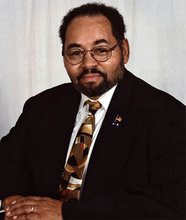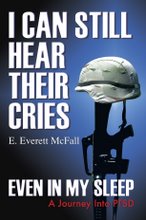
Today I am alive, Yesterday I died, Tomorrow is uncertain, unknown, and unchartered passages of life. No longer do I fear dying, rather it's living that's so painful. Living with the demons of death that plaque my every waking moment. Living is harder than dying- because of the memories, the reflections, the flashbacks with intrusive thoughts. "I Can Still Hear Their Cries, Even In My Sleep". "Incoming"- mortars, rockets and searing red hot bullets. "Incoming" those high pitched streams of doom, whistling whining and knifing through the air with an ere Gothic theme accompanying each courier of death.
As I tried to decipher their message, I am frozen in place, a blend of paralysis of analysis and raw fear. Ear drum shattering, elevated decibels explosions far and near. Pardon me whilst I cope with the stress of times gone by. It's been forty years since I treaded that red muddy terrain of South East Asia (South Vietnam).
As I tried to decipher their message, I am frozen in place, a blend of paralysis of analysis and raw fear. Ear drum shattering, elevated decibels explosions far and near. Pardon me whilst I cope with the stress of times gone by. It's been forty years since I treaded that red muddy terrain of South East Asia (South Vietnam).
My blackened reddish tan has faded, replaced by toughen skin with age spots. The thinning grayish black hair encircles the ever widening sea of baldness. Those eagle eyes of yesteryear require bifocaled glasses now. The youthful vim and vigor has evaporated with time, leaving and an angry emotionally charged human shell. The quicken movements are drained from this finely tune, honed sharp killing machine known as a United States Marine.
No more drugs, no more alcohol, just headaches, tears, anger, sleepless nights, and the pain of having walked with death. I suffer from P.T.S.D. ( Post Traumatic Stress Disorder) formerly known as Combat Fatigue/Shell Shock. I am not part of an Elite Team of Combat Veterans, just one of millions who have P.T.S.D.
These are the basic criteria of P.T.S.D. that afflicts us all.
No more drugs, no more alcohol, just headaches, tears, anger, sleepless nights, and the pain of having walked with death. I suffer from P.T.S.D. ( Post Traumatic Stress Disorder) formerly known as Combat Fatigue/Shell Shock. I am not part of an Elite Team of Combat Veterans, just one of millions who have P.T.S.D.
These are the basic criteria of P.T.S.D. that afflicts us all.








